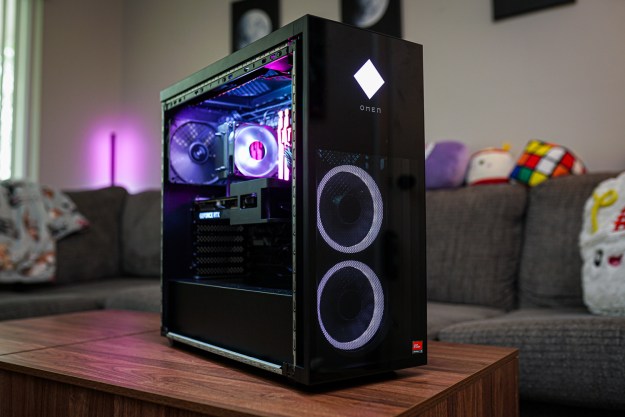
You may see an ad for a job on a college employment website or receive an email offering an administrative position. After you apply for the job the scammers send you more emails outlining the next steps, which include acquiring special software and material needed for the job. Legit employers provide software needed on-the-job, but the scammer will send you the funds ahead of time to purchase what you need. And that’s where they get you.
You may already see where this is going. The fake-job-we-send-money-you-buy-stuff scam is another twist on scams involving fake lottery winnings, foreign nationals trying to get money out of their country secretly, military personnel who found gold they hid and now need help getting it into the U.S., and princesses who can’t wait to marry you and will come with a hefty dowry.
In each scam, you need to send or spend money, ranging from hundreds to thousands of dollars, to get to the next step. Before you can begin to wonder if whatever promised is real, the scammer tells you they’ll send ample funds to more than cover the required deposit or purchase.
And this point is where they get you, the promise of getting something for nothing. The scammers count on enough people suspending their suspicions on the hope that the original offer is real but also figuring that at least they can make a few bucks on the original transaction. What could go wrong?
In the college student employment scam, the prospective employer sends a check covering the funds to purchase the software, books, or whatever material you need for the job, plus $300 extra, which you can keep as your first pay. After depositing the check you wire funds to pay for the materials you will need to a specified address and then wait to receive the materials so you can start work. Still sounds good, right?
The problem is the check is bad. After you deposit the check, the money shows up in your bank account — but that’s not actually proof that the check cleared. Because all seems fine, though, you wire the money. The materials never show up, and after a week or so you hear from your bank.
It takes a while for checks to actually clear, usually days and sometimes weeks, but most banks will make the funds available in your account much sooner, typically the next day. When the bank learns the check was no good, they come after you for the funds you spent. If you have a hefty balance they just subtract the amount of the bad check. But making good on the money — if you can do that — is just the start of your problems, according to the FBI.
Your account could be closed for fraudulent activity, the incident could be reported to law enforcement and credit bureaus, plus the scammers now have your personal information to use themselves or sell to others to use in identity theft. The FBI also points out that scams of this type could potentially fund criminal or terrorist activity.
If you’ve been victimized by an internet scam, for a job, a bride, an inheritance, or anything, the FBI urges you to file a complaint with its Internet Crime Complaint Center and to notify the police. To protect yourself from such scams, don’t accept and deposit funds in your bank from offers, deals, or opportunities that will also require that you wire money elsewhere. For more information on the specifics of the college student employment scams, you can find the FBI’s original PSA here.



